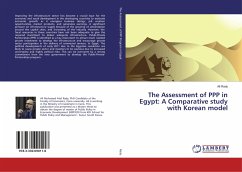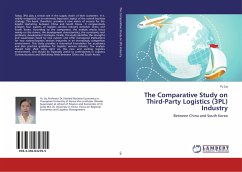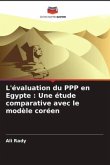Improving the infrastructure sector has become a crucial issue for the economic and social development in the developing countries to motivate economic growth as it energizes business doings, job creation opportunities, market products, and generates earnings. A significant pressure on infrastructure supply because of the growing of urbanization around the capital cities, and increasing of the industry. However, the fiscal resources in these countries have not been adequate to give the required investment to deliver adequate infrastructure. Public-Private Partnerships (PPP) is identified as a key instrument to attract much needed private investment to develop the infrastructure and encourage private sector participation in the delivery of communal services. In Egypt, The political developments of early 2011 due to the Egyptian revolution are likely to cause private sector and investors to be cautious due to increased uncertainty and highly political risks. This can be overcome bya strong commitment from the new government to develop the Public-Private-Partnerships program.
Bitte wählen Sie Ihr Anliegen aus.
Rechnungen
Retourenschein anfordern
Bestellstatus
Storno








